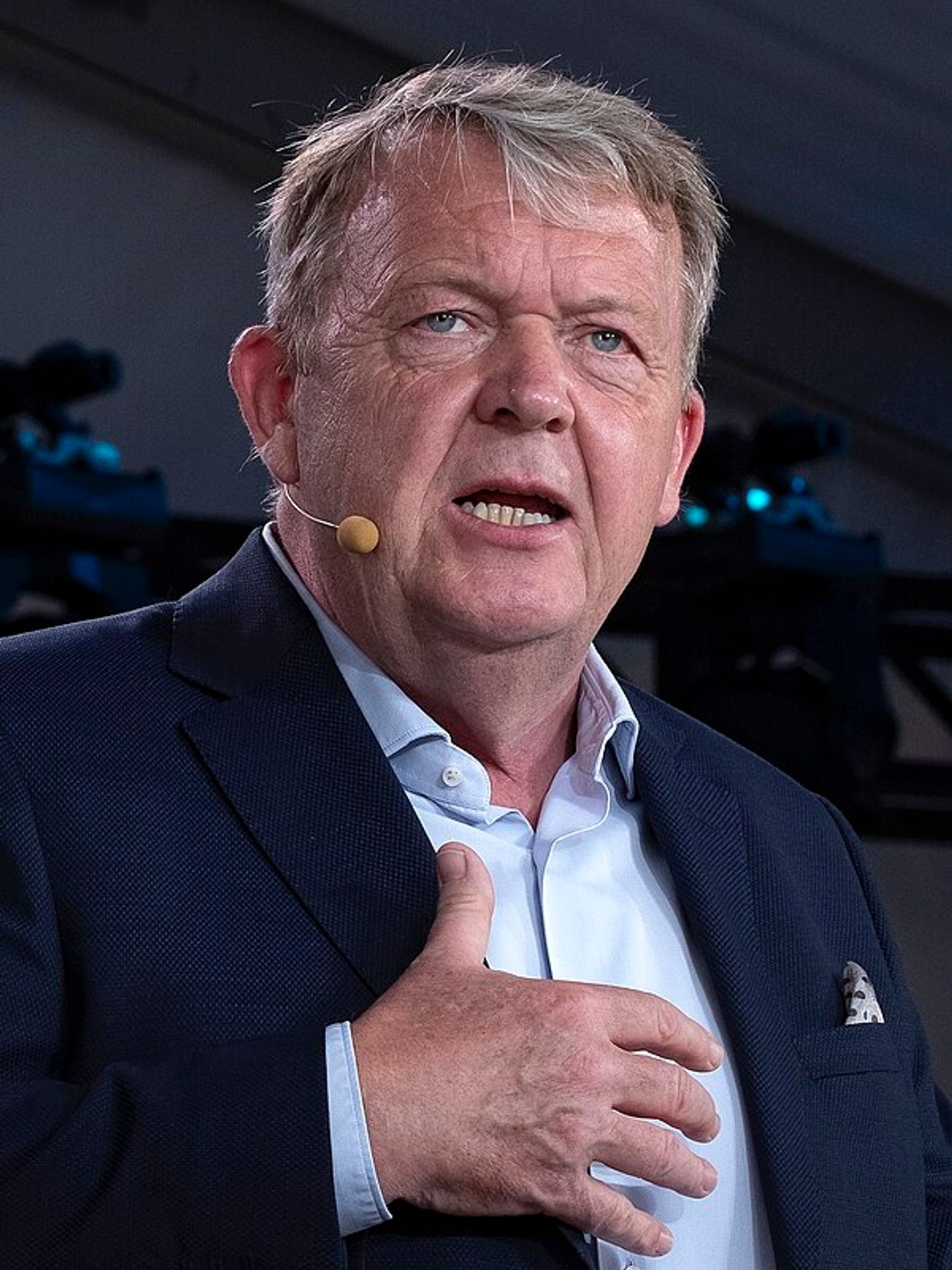
Moderate Party
Summary
The perception of the Moderate Party in Denmark is largely negative, marked by scandals involving its members, such as allegations of offering money for parliamentary mandates. This not only raises questions about the party's integrity but also highlights its struggle to maintain credibility in a political landscape that is increasingly fragmented. Additionally, the party's recent proposal to eliminate coffee taxes seems overshadowed by the ongoing controversies, painting a picture of a party grappling with credibility issues and internal strife. The discussions surrounding the party suggest that it is viewed as out of touch with public expectations and facing a potential crisis in its identity and support base.
Source Analysis
The sources covering the Moderate Party vary in their tone but generally lean towards criticism. Podcasts such as 'Budskab' and 'P1 Orientering' delve into the ethical concerns surrounding party members, notably the case of Mike Fonseca, which has sparked significant backlash. The discussions on 'Rachlins Reprimande' emphasize a growing disdain for the party's ability to handle internal scandals and maintain a coherent political strategy. Overall, the critical discussions focus on the party's failure to uphold integrity and connect with the electorate, leading to a perception of instability and loss of direction.
Trending Topics
The ongoing ethical controversies surrounding party members, particularly related to financial misconduct and public trust issues, are emerging as critical topics of discussion affecting the Moderate Party's reputation.
Why These Topics Are Trending
These controversies are directly linked to the party's credibility and ability to govern effectively, indicating a broader trend of public dissatisfaction with political ethics and accountability in Denmark's political climate.
Sentiment Breakdown:
Detailed breakdown of public sentiment and conversations about this company.
Impact vs Sentiment
See how each entity's high impact percentage relates to their positive sentiment percentage from actual mentions.
